- Established in June 2022, the Canadian Sustainability Standards Board (CSSB) aims to set and maintain high-quality sustainability disclosure standards for Canadian entities.
- The CSSB's Canadian Sustainability Disclosure Standards (CSDSs) include CSDS 1 for financial disclosures and CSDS 2 for climate-related disclosures, aligning with international standards.
- Adoption of CSSB standards remains voluntary, with mandatory compliance contingent upon future regulatory decisions; a three-year transition period is provided for Scope 3 GHG emissions disclosure.
- All disclosures under CSDS 1 and CSDS 2 must comply with Bill C-59, targeting anti-greenwashing practices and promoting transparency.
- With standards effective from January 1, 2025, the CSSB plays a key role in shaping sustainable business practices in Canada.
The Canadian Sustainability Standards Board (CSSB) is pivotal in promoting sustainability disclosure standards across Canada.
Established in June 2022, its mission is to "serve the public interest by setting and maintaining high-quality sustainability disclosure standards for Canadian entities and by contributing to the development of international sustainability disclosure standards.”
As sustainability becomes increasingly central to corporate operations, the CSSB's initiatives are vital for aligning Canadian practices with international standards while addressing unique national concerns.
Mission and objectives
At its core, the CSSB aims to advance the adoption of sustainability disclosure standards in Canada, striking a balance between international alignment and local relevance.
By developing the Canadian Sustainability Disclosure Standards (CSDSs), the CSSB provides frameworks for corporate sustainability reporting that include two foundational standards:
- CSDS 1: General Requirements for Disclosure of Sustainability-related Financial Information, ensuring financial disclosures related to sustainability are transparent and comprehensive.
- CSDS 2: Climate-related Disclosures, which mandate the disclosure of climate-related financial information, including Scope 3 GHG emissions.
Aligning with international standards
The CSSB has taken careful strides to ensure its standards correspond with the International Sustainability Standards Board's (ISSB) global baseline while incorporating modifications to meet the specific needs of the Canadian public.
By actively participating in ISSB’s Sustainability Standards Advisory Forum, the CSSB underscores its commitment to shaping robust international sustainability practices from a Canadian perspective.
Implementation timeline
For those wondering when these new standards will come into effect, the CSSB standards are effective for annual reporting periods beginning January 1, 2025, for the CSDS regulation; however, there is a 3-year transition period for Scope 3. This timeline provides organizations the necessary lead time to prepare their reporting practices and align with the new requirements.
Are the CSSB standards mandatory?
Currently, adherence to CSSB standards remains voluntary. Whether these standards become mandatory will be determined by Canadian governments, securities regulators, and various industry-specific oversight bodies.
The CSSB has prioritized establishing a strong baseline framework to guide voluntary adoption, encouraging companies to proactively align their practices with these standards or prepare for regulatory mandates.
Scope 3 GHG emissions disclosure
An important element of CSDS 2 is the requirement for Scope 3 GHG emissions disclosure. To aid companies in meeting these expectations, the CSSB has implemented a three-year transition relief period, offering time for organizations to adapt their reporting protocols and infrastructure.
The impact of Bill C-59
All disclosures under CSDS 1 and CSDS 2 must comply with the amendments introduced by Bill C-59, specifically targeting anti-greenwashing measures.
This legislation enhances the applicability and potential enforceability of CSSB standards by fostering climate accountability and transparency. Organizations must adequately measure their sustainability disclosures or face severe financial and reputational penalties.
Future directions for the CSSB
Looking ahead, the CSSB is expected to be instrumental in shaping how Canadian businesses disclose sustainability information. With the first standards release, the board offers a path for increased consistency and comparability in sustainability reporting, setting the stage for comprehensive corporate transparency in environmental, social, and governance (ESG) practices.
Summary
The creation of the CSSB marks a significant chapter in Canada's journey toward sustainability-focused business practices. By ensuring transparency and accountability, the CSSB helps Canadian entities engage responsibly with sustainability reporting.
As the global emphasis on sustainable operations intensifies, the CSSB will be a guiding force for Canadian businesses that are ready to navigate this changing landscape.
Request a demo to see how Arbor can help measure your emissions for CSDS.
Measure your carbon emissions with Arbor
Simple, easy carbon accounting.
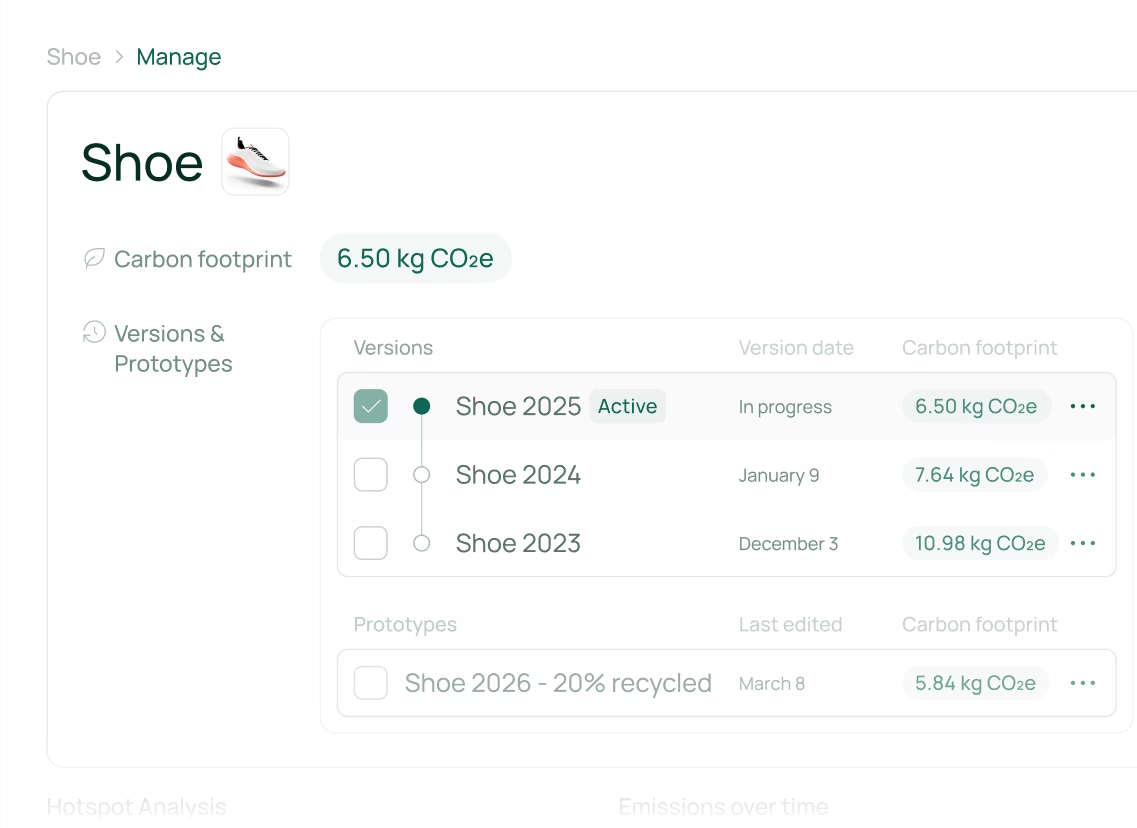


.avif)
%20Directive.webp)


.webp)
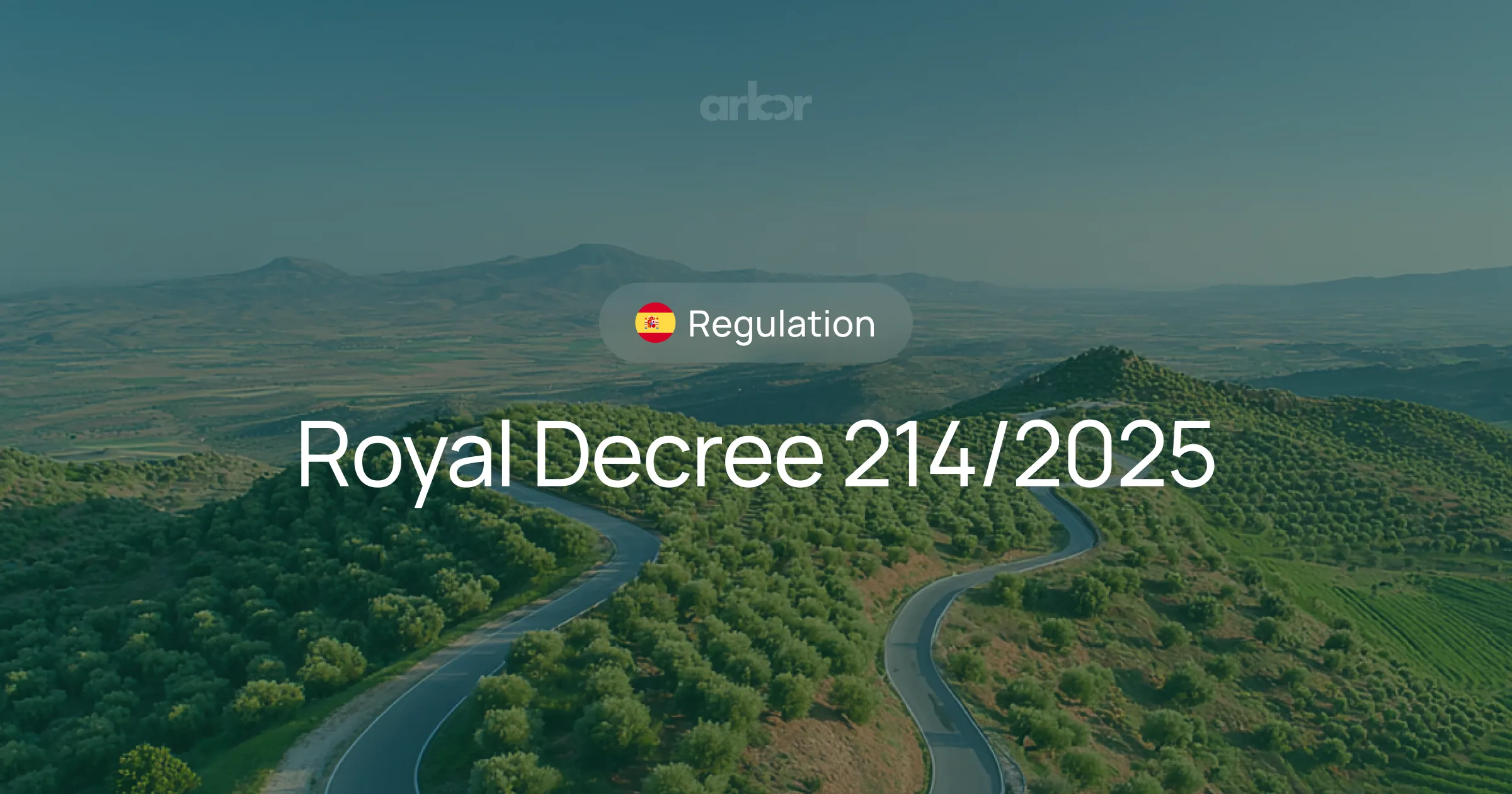

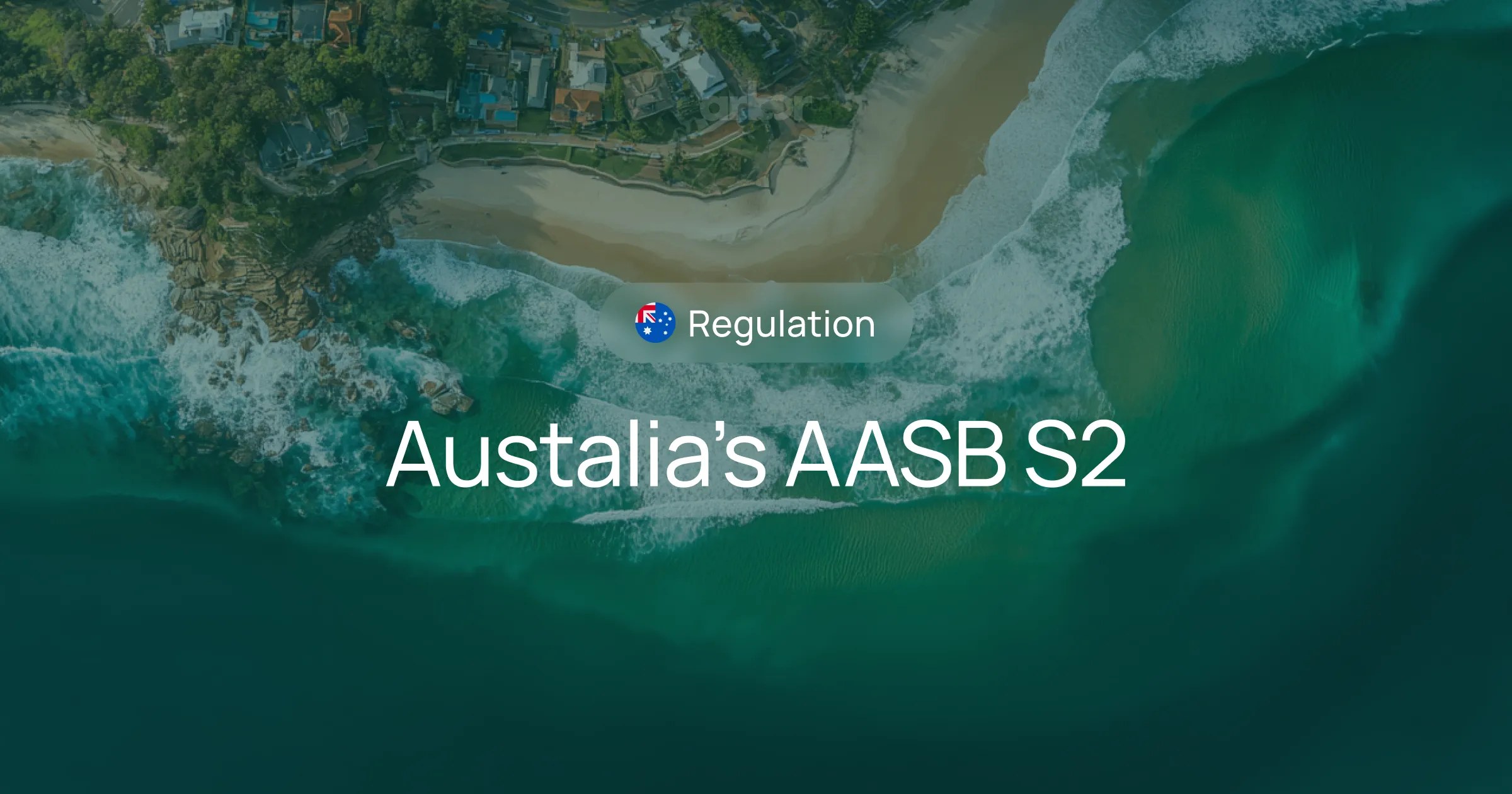
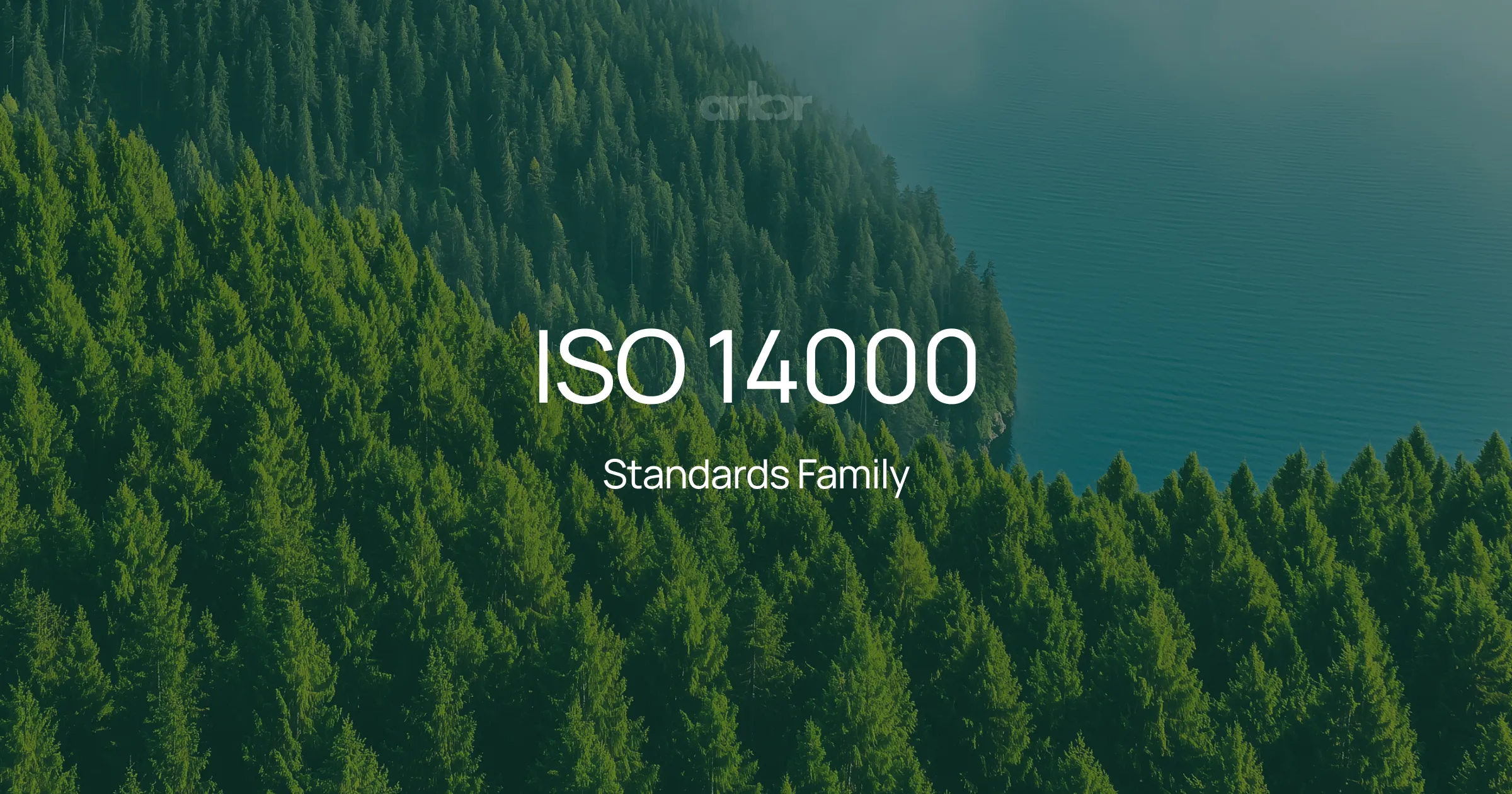
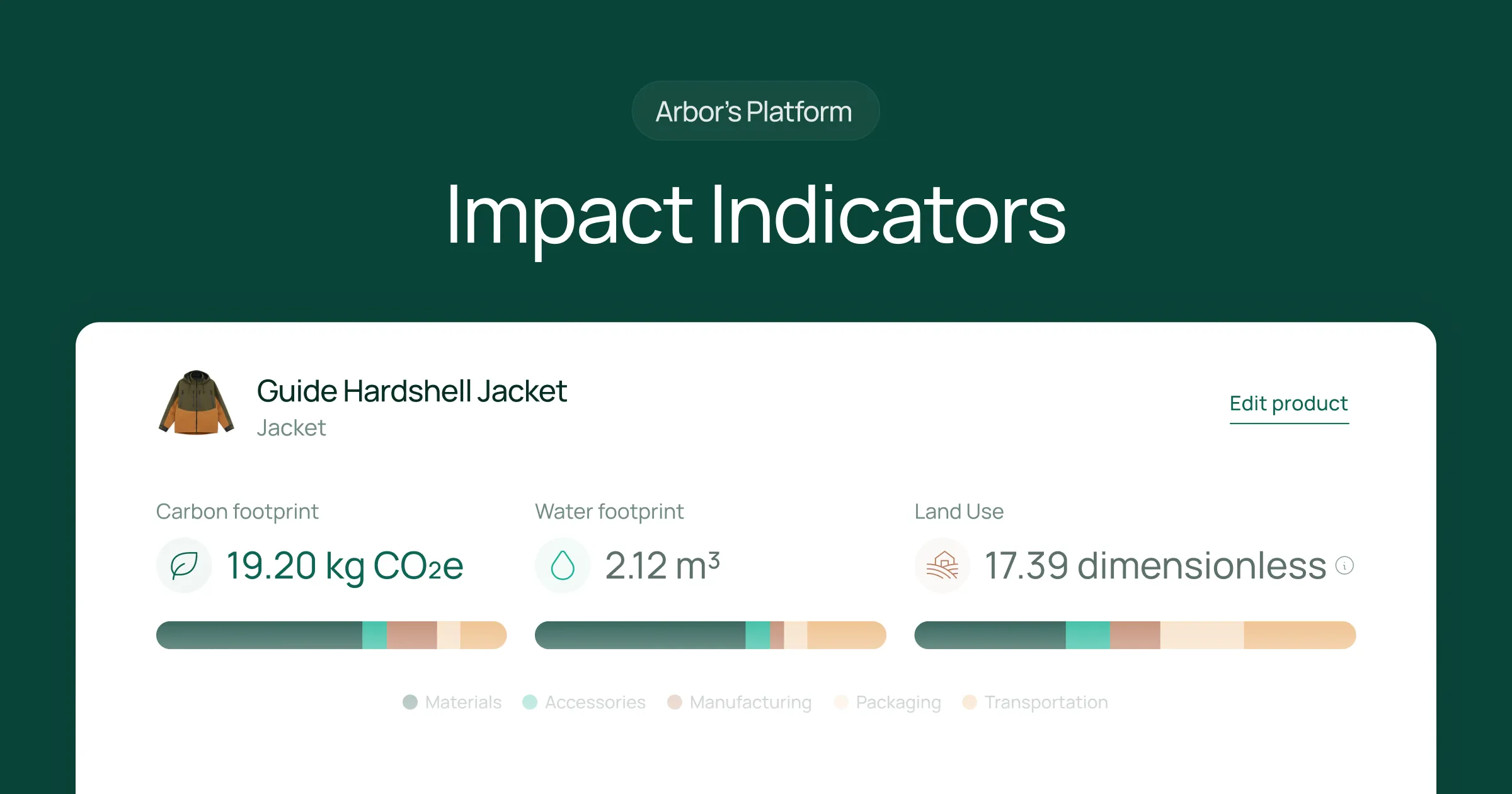
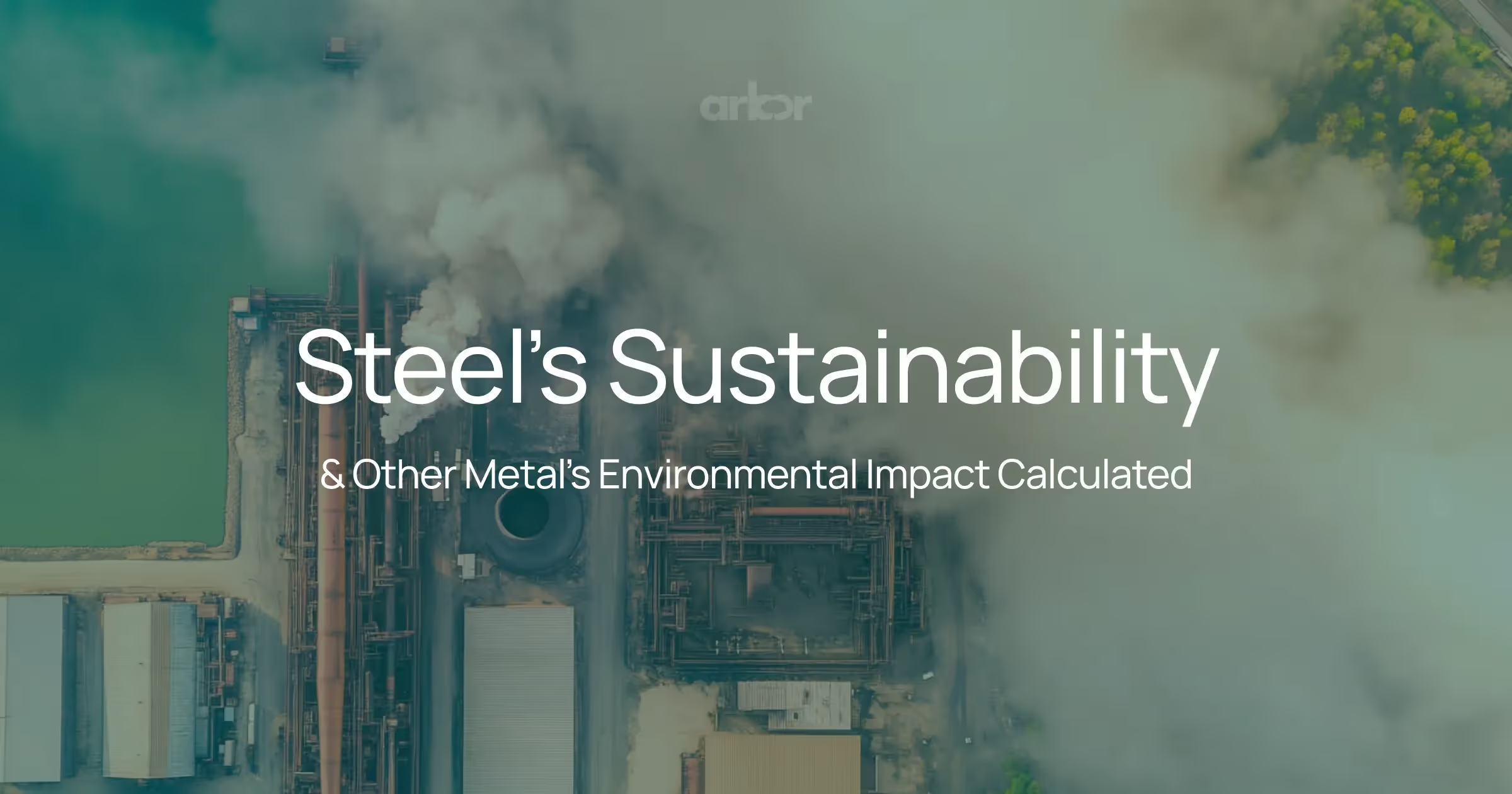



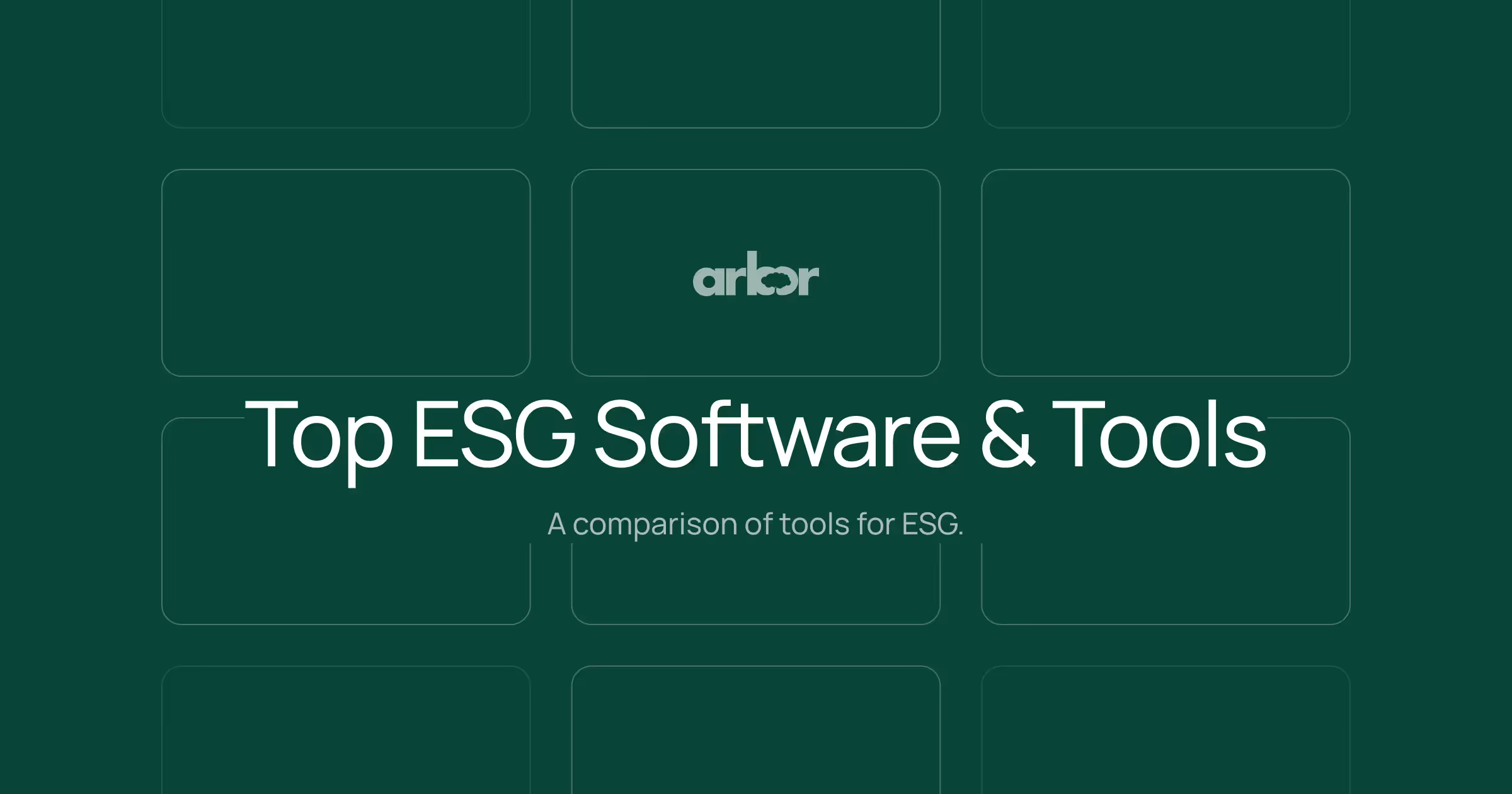

%20Arbor.avif)





%20Arbor.avif)
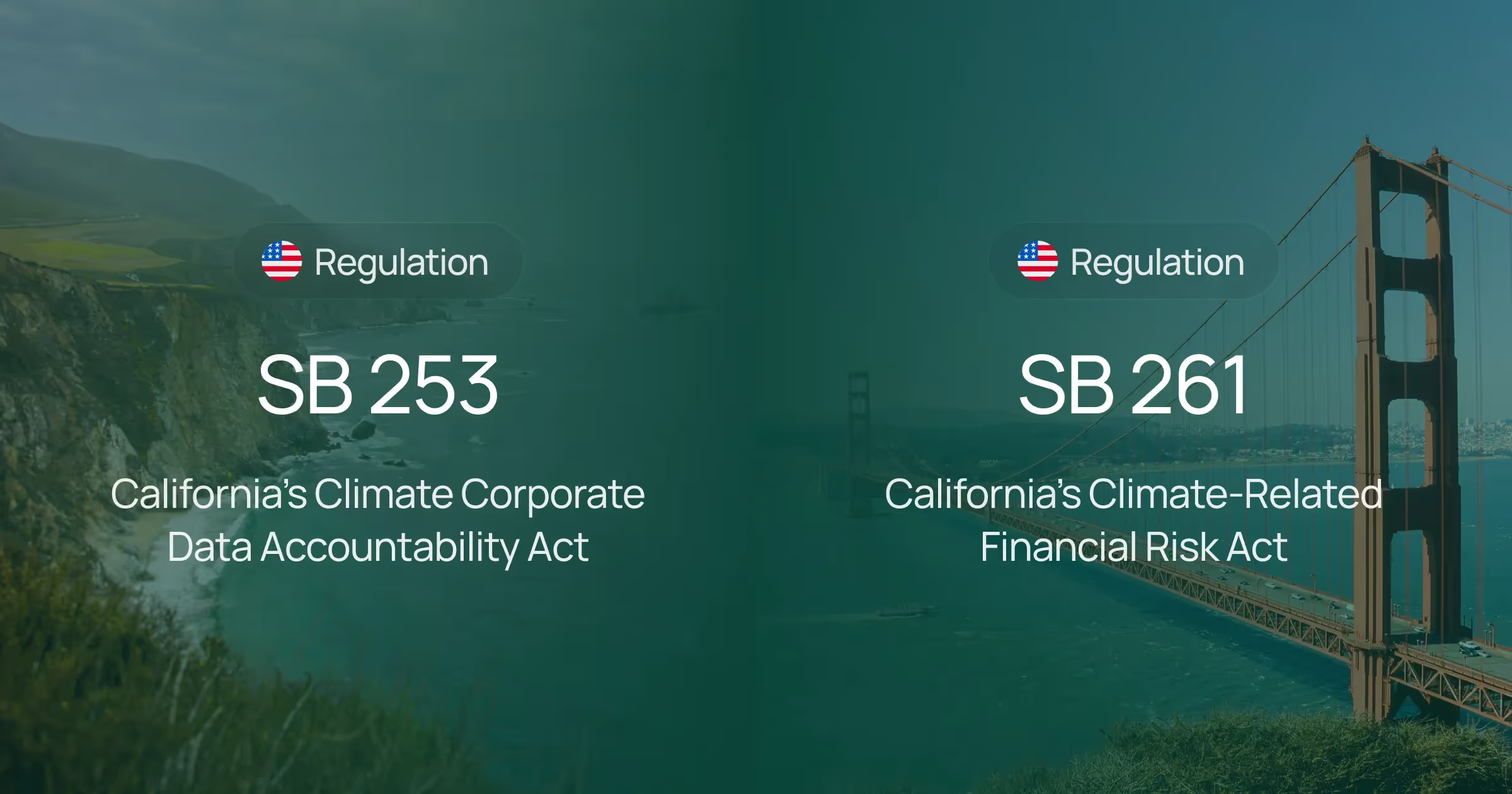

.avif)


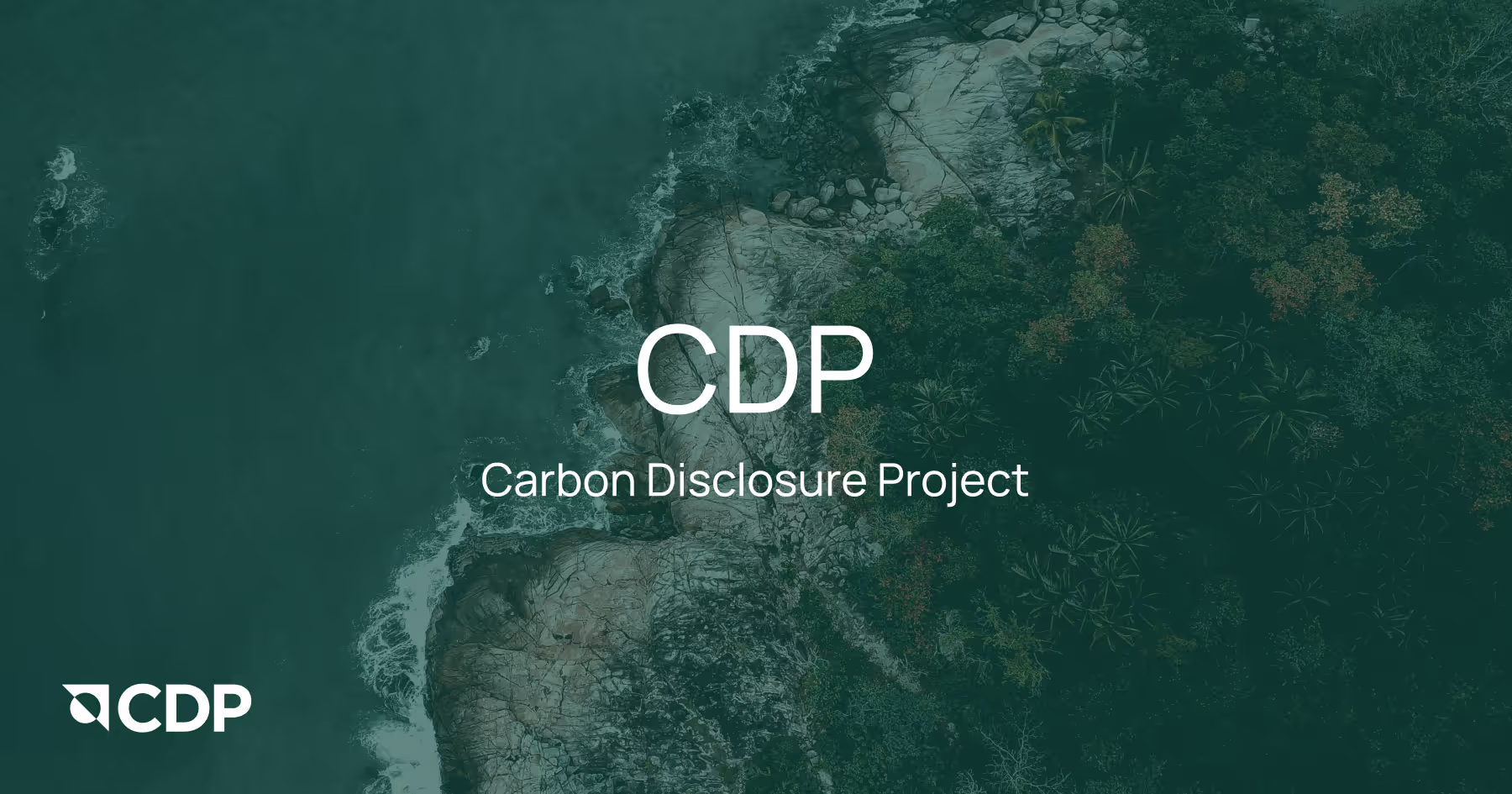


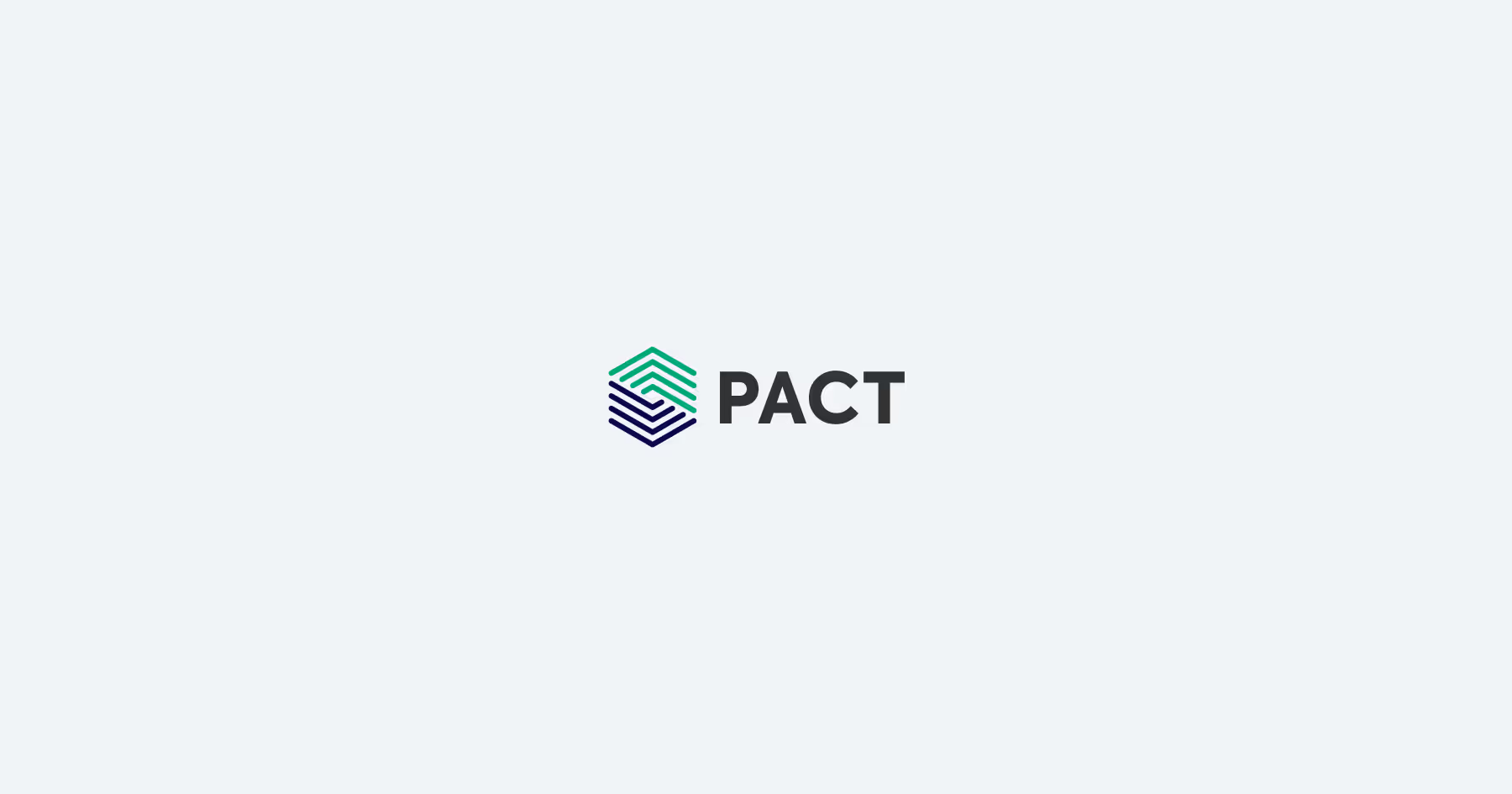
%20Arbor%20Canada.avif)
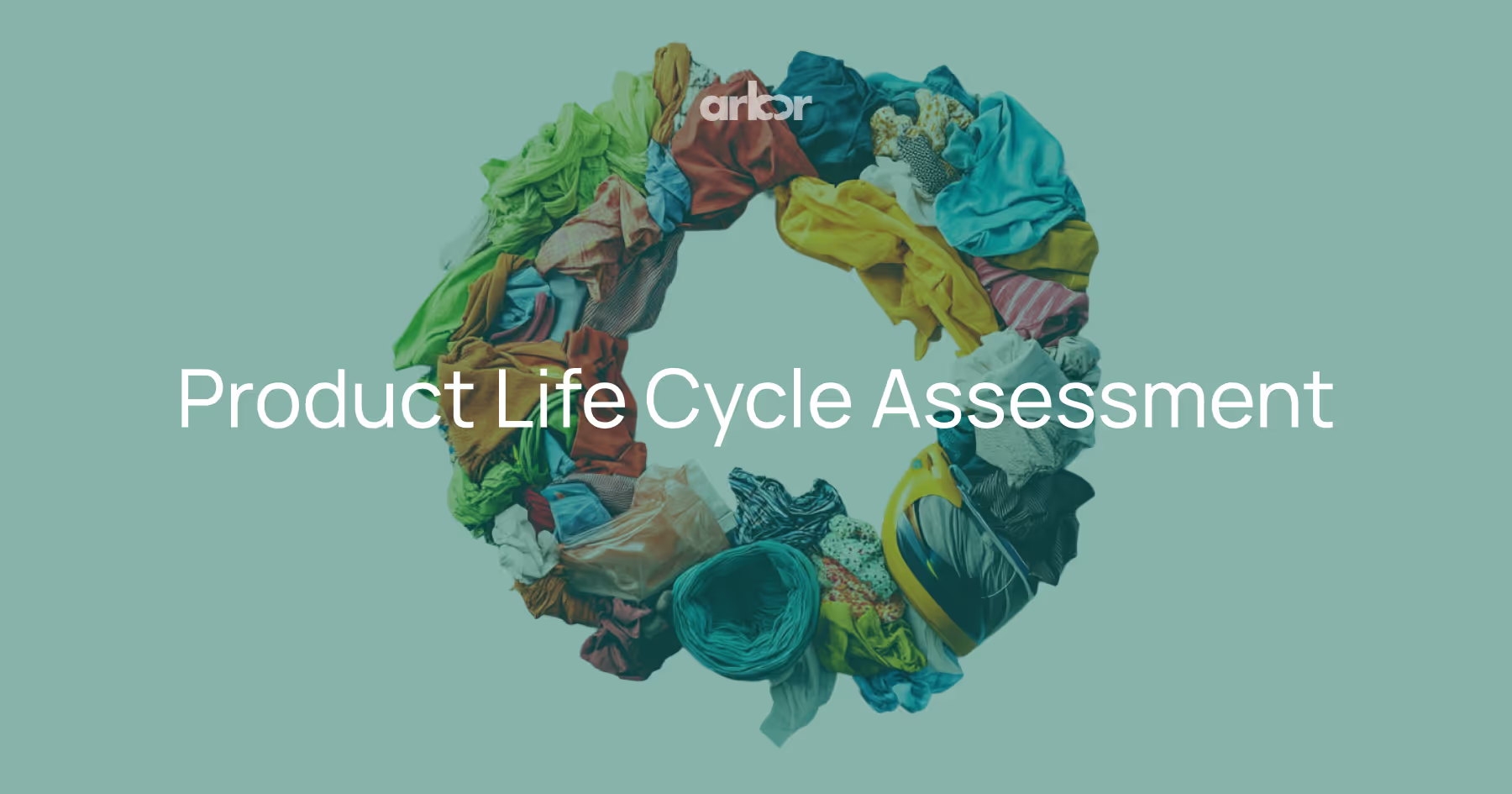
.avif)
%20Arbor.avif)
.avif)






_.avif)
%20Arbor.avif)




%20Software%20and%20Tools.avif)





.avif)
.avif)
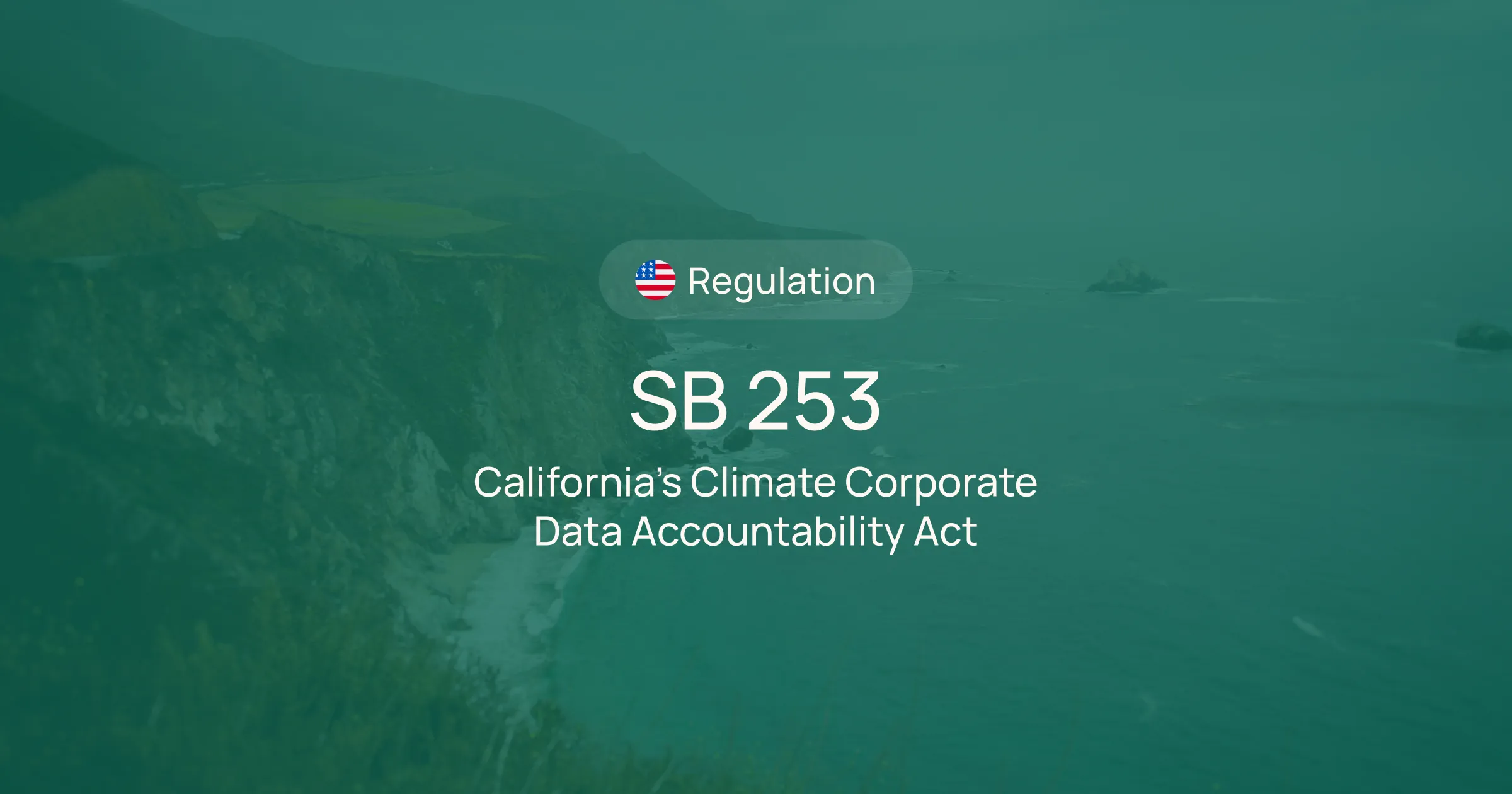



%20EU%20Regulation.avif)












.avif)


%20Arbor.avif)









_%20_%20Carbon%20101.avif)







.avif)

.avif)
.avif)










